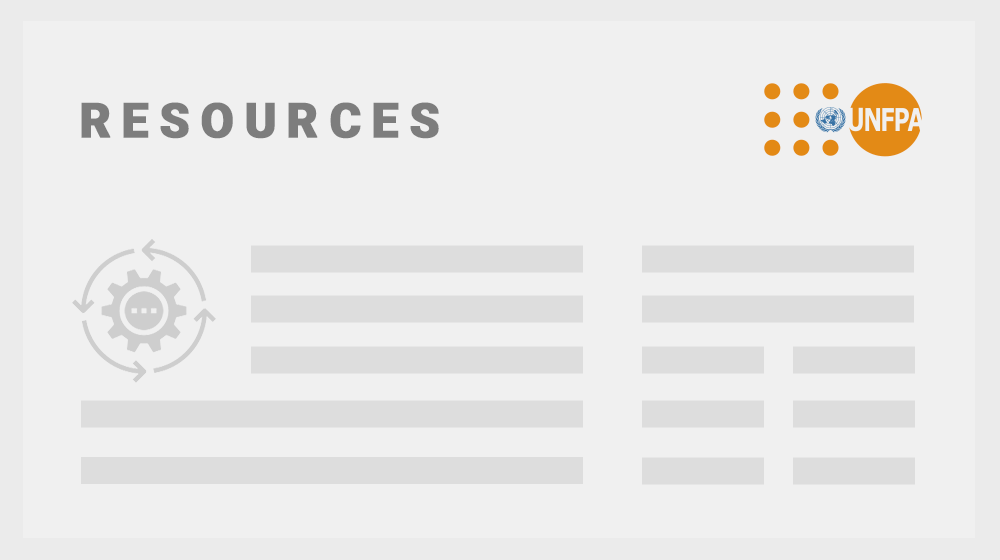Haiti
The humanitarian crisis in Haiti is growing increasingly dire, as gang violence in Port-au-Prince persists and is spilling out into the provinces. More than 1 million people have been displaced across the country, with the most vulnerable seeking refuge in locations that lack the most basic services.
As displacement rises, so do urgent needs – especially for women and girls, who face extreme risks including increased sexual violence, lack of healthcare and unsafe, overcrowded living conditions.
Sexual violence against children, particularly girls, soared by more than 1,000 per cent in 2024 compared with 2023. Exploitation and abuse have become entrenched, with people turning to damaging coping mechanisms to survive, such as providing sexual services in exchange for food or money.
Health clinics and hospitals have been forced to close across Port-au-Prince, while medicines are in short supply and remaining facilities lack staff, leaving an estimated 3,000 pregnant women struggling to access maternal healthcare. Families are scrambling to secure the most basic necessities – food, healthcare, water and hygiene supplies. More than half of Haiti’s population – approximately 5.7 million people – are facing high levels of acute food insecurity, including more than 37,000 pregnant women.
UNFPA’s ability to reach those most in need is being severely hindered by the instability, and gender-based violence response and sexual and reproductive health services are critically underfunded across Haiti. UNFPA is distributing essential medical and hygiene supplies, as well as supporting safe spaces, hotlines and protection services at health facilities and hospitals that remain operational. Mobile clinics have been deployed to displacement sites in the capital and in the western Artibonite department.
Updated 7 May 2025








